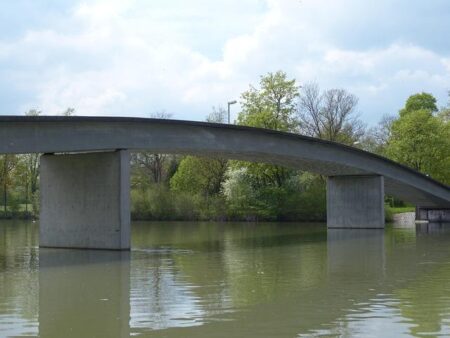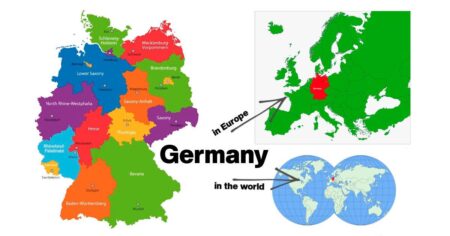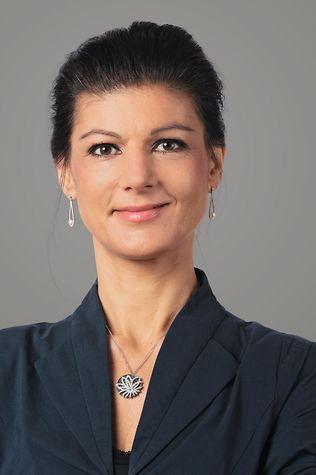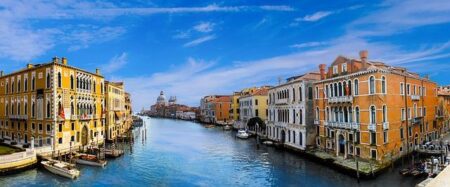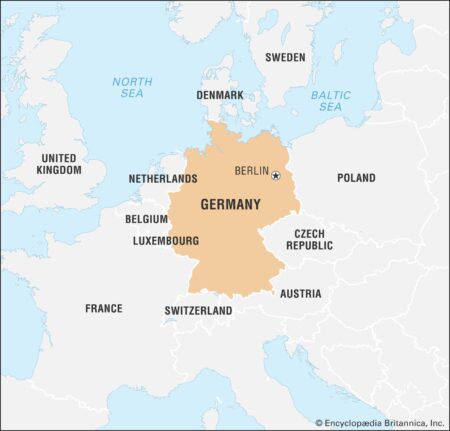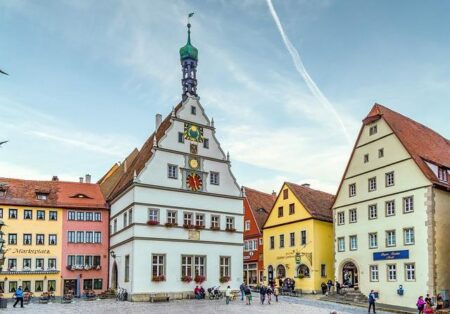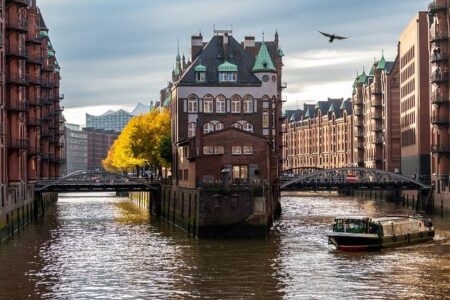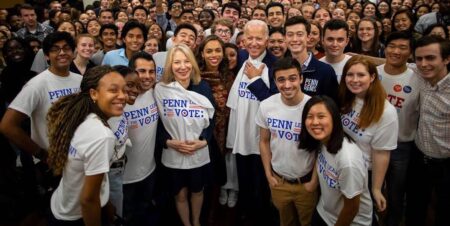Subscribe to Updates
Get the latest creative news from FooBar about art, design and business.
Browsing: Germany
Surfing tourism is surging as countries like the United States, Germany, Italy, Japan, Singapore, Australia, Brazil, Turkey, and the UAE expand their coastal destinations. These nations are enhancing surf-related infrastructure, attracting global enthusiasts and boosting local economies.
Friedrich Merz, a prominent figure within Germany’s conservative CDU party, is gaining traction as a leading candidate for Chancellor. With a focus on economic stability and traditional values, Merz’s leadership could reshape Germany’s political landscape.
In a recent address, Germany’s Friedrich Merz criticized former President Donald Trump’s influence on U.S. politics, expressing concerns over rising populism. As he attempts to forge a coalition, Merz highlights the need for stable transatlantic relations amid global challenges.
Germany’s far-right AfD and the Left party have secured sufficient seats to impede amendments to the country’s debt brake, a fiscal rule that limits public borrowing. This development highlights the ongoing political divisions impacting budgetary reforms in Germany.
The recent German election has exposed deep-seated divisions within the country, as parties grapple with issues like immigration and climate policy. Analysts warn that these rifts could redefine German politics and challenge coalition stability moving forward.
In a concerning indication of economic strain, the German Central Bank reported significant losses, highlighting challenges ahead for Europe’s largest economy. Analysts warn this trend may reflect deeper issues, raising alarms about Germany’s financial stability.
Sahra Wagenknecht, a prominent figure in German politics, has witnessed both meteoric rises and sharp declines. Once celebrated as a visionary leader of the left, her controversial stances and internal party conflicts have reshaped her trajectory, prompting discussions about the future of the political landscape in Germany.
In the latest polls ahead of Germany’s elections, CDU leader Friedrich Merz appears poised to become the next chancellor. Meanwhile, the far-right AfD is experiencing a notable surge, raising concerns about its potential influence on German politics.
Italy’s Prime Minister Giorgia Meloni has extended an invitation to Germany’s opposition leader Friedrich Merz for collaboration on migration policy. This move underscores Italy’s commitment to addressing the ongoing European migration challenges collectively.
Live German election results and maps: Conservatives win, AfD achieves best finish yet – Reuters.com
In a significant shift, German conservatives emerged victorious in the latest elections, securing a decisive lead. Meanwhile, the far-right Alternative for Germany (AfD) achieved its best electoral performance to date, marking a notable rise in its influence.
In a striking turn of events, a far-right party in Germany has recorded unprecedented support in the recent elections, reflecting shifting political sentiments. Analysts are examining the implications for the nation’s political landscape and societal cohesion.
Germany’s new leader has announced plans to pursue greater independence from the United States, signaling a shift in foreign policy. This move aims to enhance national sovereignty and strengthen ties with other global partners in a changing geopolitical landscape.
In a significant political shift, Germany’s Friedrich Merz declared victory for his conservative party as exit polls indicated substantial gains for far-right factions. This outcome reflects a changing electoral landscape and raises questions about future governance.
In a significant electoral shift, German conservatives celebrated a substantial victory, while the far-right party achieved historic success. This outcome reflects growing support for nationalist sentiments, reshaping Germany’s political landscape.
Germany’s conservative party has secured victory in the latest elections, while the far-right Alternative for Germany (AfD) has surged to second place, according to exit polls. This shift signals a significant change in the nation’s political landscape.
In Germany, a new generation is shaping the far-right movement with brazen rhetoric and social media savvy. This youthful fervor is not only challenging traditional norms but also igniting debates about nationalism and identity in contemporary society.
Polls have opened in Germany for a pivotal election that is being closely monitored by European leaders and the US. With issues like economic stability and climate policy at stake, the outcome could significantly influence the continent’s future trajectory.
Germany’s political landscape has been shaken by sudden turbulence as shifting voter sentiments challenge established parties. A surge in populism and new coalitions are reshaping the electoral map, raising questions about the country’s future governance.
Polls have officially opened in Germany for a crucial general election that could reshape the country’s political landscape. Voters will cast their ballots to determine the future direction of the government amid pressing economic and social challenges.
Young voters in Germany are increasingly turning to the far-right Alternative for Germany (AfD) party, driven by concerns over immigration, economic instability, and climate change. This shift marks a significant change in the political landscape, challenging traditional parties.




